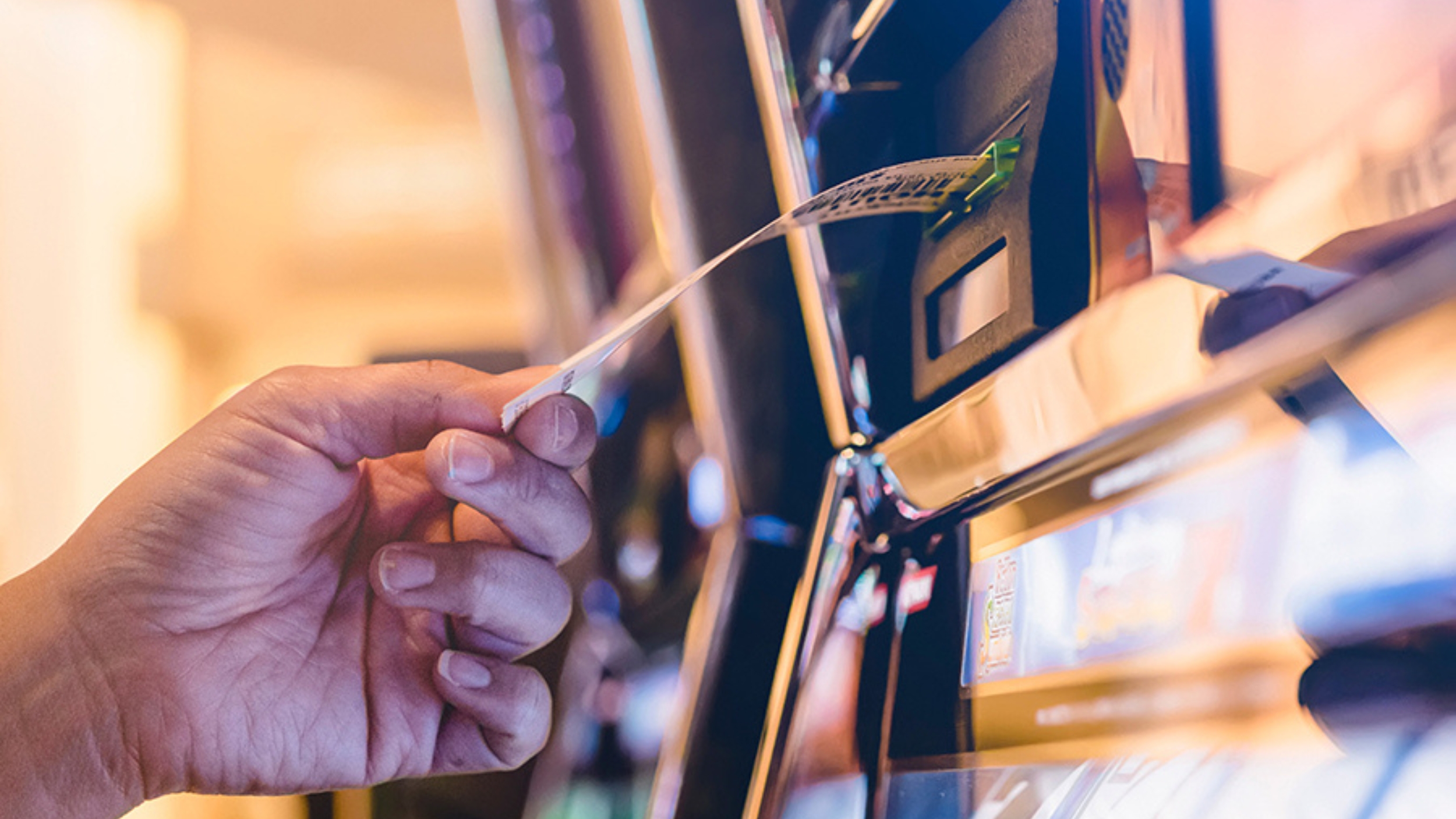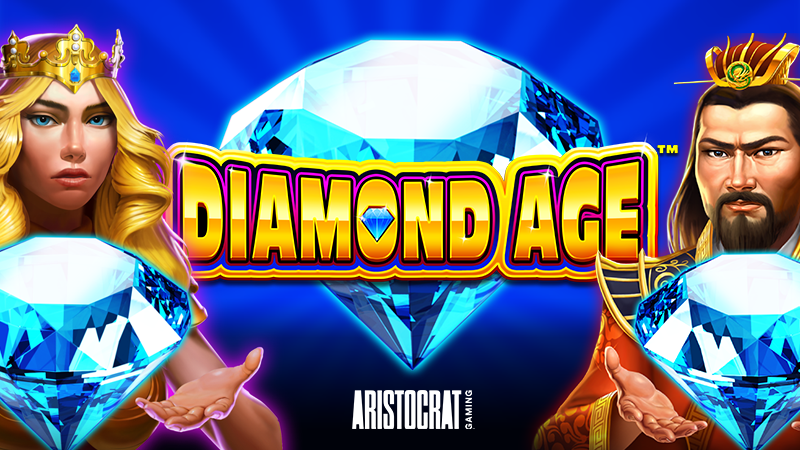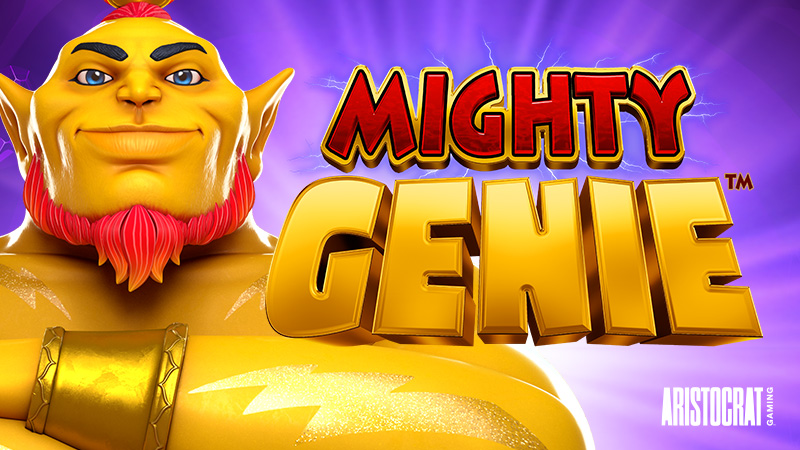WHAT HAPPENS WHEN GAMING AND MARKETING DON’T COMMUNICATE?
For most clubs, gaming continues to be the main revenue driver and in a simple world, it’s considered Marketing’s role is to drive players to the machines and it’s Gaming’s role to provide the best machine mix and service on the floor. The goal is to keep visitation and play up and give all levels of players the feeling that they are “winners”.
However, in the real world, departments and roles crossover, especially with poker machines now having more intelligence gathering functions. They still keep the accountants and CFO’s happy and provide the bigger slice of the revenue pie, but they also deliver valuable information to several departments.
To maximise your business potential, you really need to have these two departments – Gaming and Marketing – working closely together, reading from the same page. If that is not happening at your venue, there are a few things you can do.
A good starting point would be to pose a few questions to see what the perception is between these two departments. I know a lot of gaming managers feel that marketing is a bit “fluffy” – the so-called brochures, posters and coasters department. They assume that marketing won’t “get” the gaming math or the technology.
But they might if you share more with them.
As a club marketer, I know my biggest frustrations came from a lack of communication in that area, for example only finding out about a new install or floor moves on the day, or even after the event. How do you market or communicate something when you don’t even know about it?
Ask the gaming manager to table their opinion about what marketing doesn’t understand about the gaming floor. What procedures or assumptions do the marketing team make that negatively impact the gaming department?
And then ask the marketing department the same thing about gaming. What do they think gaming doesn’t understand about the marketing department and what procedures or assumptions do the gaming team have that negatively impacts on marketing?
Getting these two departments to work closely together can provide huge benefits to any club or pubs bottom line, as well as making a vast difference to player and staff engagement. It can also mean the success or failure of your promotions and rewards programs.
The marketing process is about getting the product right for the target market and communications and timeliness are at the heart of everything.
Marketing can help gaming with customer and staff communications, signage and support with things like floor moves, system crashes and new games installs – but only if both areas have a strong “heads-up” process in place.
Conversely, gaming can assist Marketing with player education, profiling, feedback and promotion deployments.
Plan weekly or fortnightly meetings to discuss every piece of marketing collateral and floor change that is on the agenda. That includes promotion rules and guidelines, direct mail, kiosk or SMS offers, who these offers are going to and why, and also analyse segments and potential markets.
Review gaming’s daily reports and loyalty redemption information to help you determine what works and what doesn’t and what times they are playing to better target promotions. Discuss new installs, moves, staff and training timelines. Review past promotions and offers, and discuss current and future ones and have agreed goals and outcomes for all.
Together, Gaming and Marketing can create a superior player experience that allows you to differentiate your product from your competitors and ultimately making your club or pub a venue of choice.












